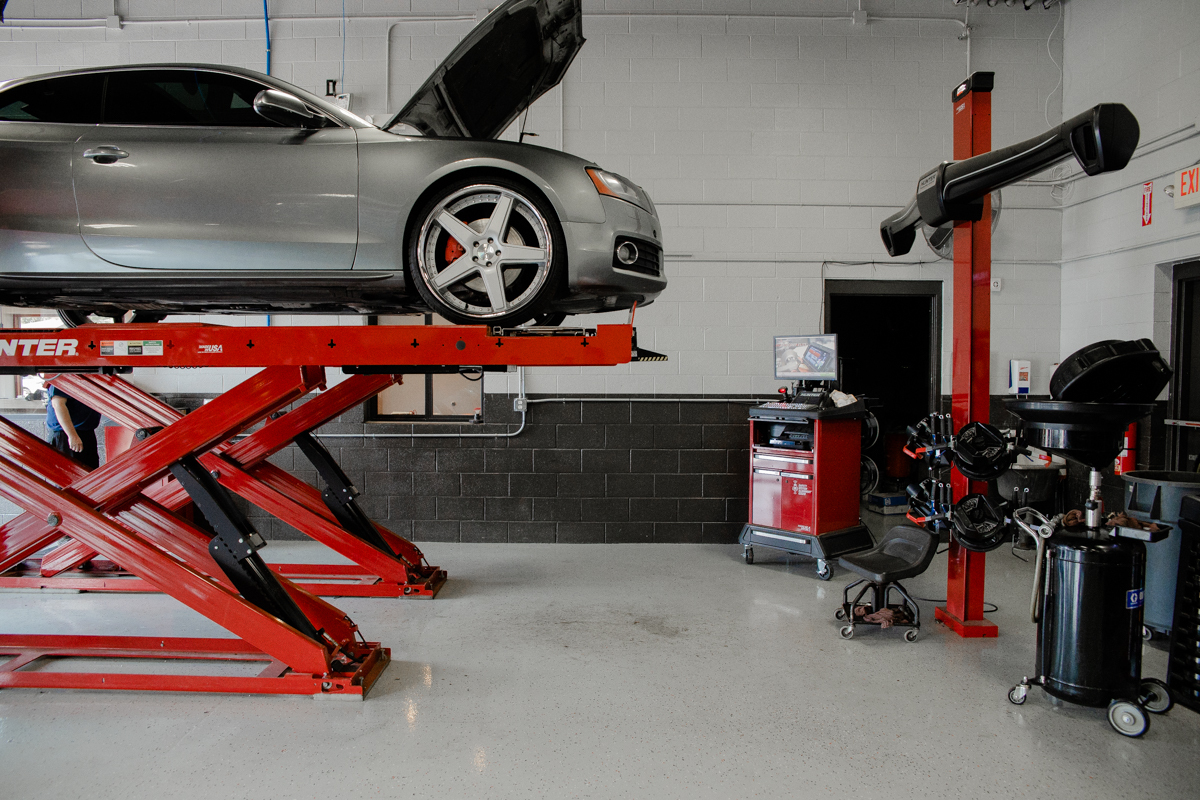
 3503 W St Joseph St, Lansing, MI 48917
3503 W St Joseph St, Lansing, MI 48917
Location Hours

Ben CooleyManager
Features

Comfortable
Waiting Area

Loaners
Available

WIFI

Financing

Shuttle
Service

After-Hours
Key Drop

Coffee

About Us
Special Offers!
OUR SERVICES
Benefits

3YR/36K Mile Nationwide Warranty
Drive with complete confidence knowing that qualified repairs are backed by our comprehensive 3 year/36,000 mile nationwide warranty.

Bridgestone Financing
We know that unexpected automotive repairs can put a strain on your budget. Through Bridgestone, you'll receive stress-free financing and special offers that are available for those who qualify.

Fleet Services
We understand the need and urgency to keep your fleet on the road and operating safely. Let our team handle your preventative maintenance and repairs so you can focus on your business.

Price Match Guarantee
With our 'apples to apples' price match guarantee, you can have peace of mind knowing that you'll always receive a fair price from us.

Free Customer Shuttle Services Available
While your vehicle is being serviced you may request a local ride to and from our facility.

ASE Certified Technicians
Our ASE Certified Technicians can handle your complete automotive service needs. Providing high-quality work requires skilled professionals. Our team consists of ASE Certified Technicians that can handle your complete automotive service needs.











